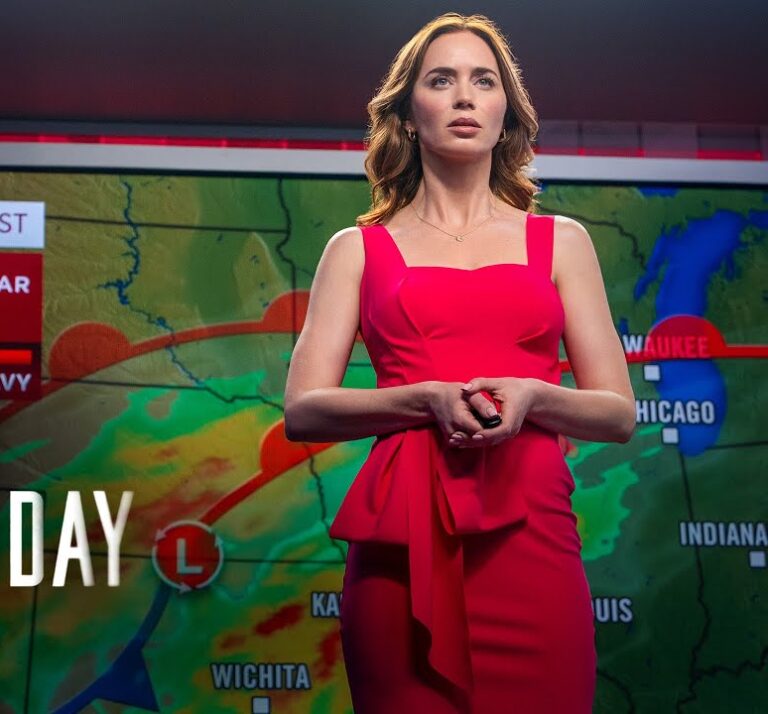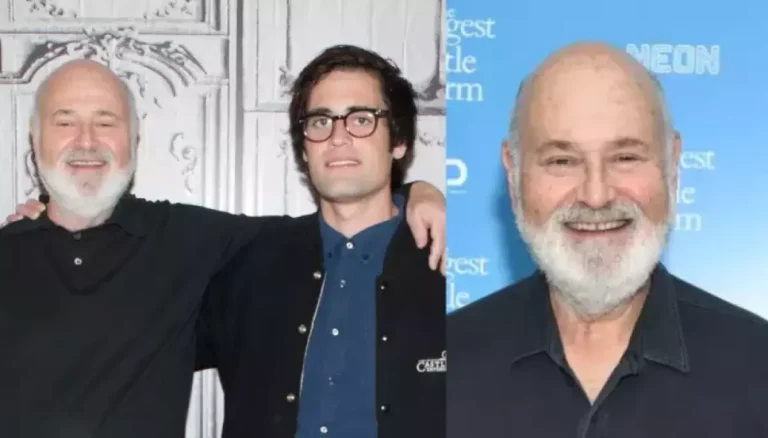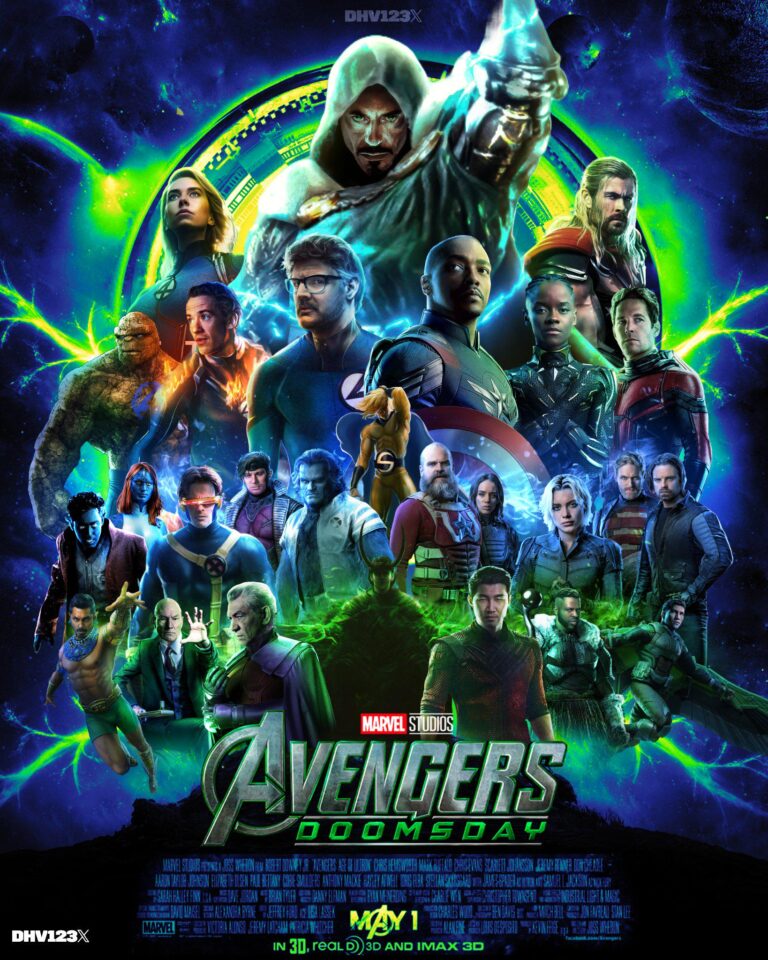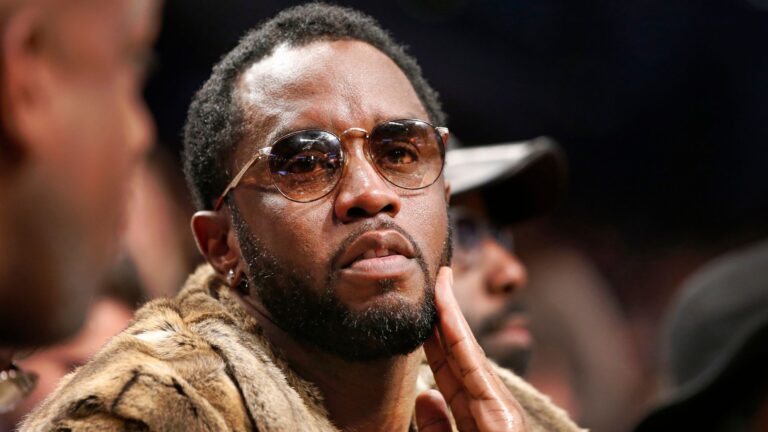
This film comes after Cregger’s highly acclaimed genre-bending horror, “Barbarians,” which was his solo directorial debut in 2022. When all but one student from a single class go missing, leaving behind a trail of mysteries, the young director twists once again, plunging a town into anarchy.
The next Warner Bros. movie is scary and funny at the same time, which was a difficult balance for Cregger to strike. He told The Associated Press that he had to take out any hidden motives from his humorous scenes.
Cregger said, “It’s funny as long as the jokes are based on real reactions from the characters.” The movie had fewer funny jokes than I expected. “Okay, it’s gotta go,” I said after our test screening, which no one thought was funny.
There is a lot of paranoia in the movie. Archer (Josh Brolin), whose son was one of the missing, stands in for the town’s distraught parents. Despite the parents’ accusations, the students’ teacher—played by Julia Garner—is resolute in her mission to uncover the truth.
Creger said that the funny timing is natural because the main characters are in silly situations.
Brolin’s character, who is sad, says, “You’re not playing for the laugh; otherwise, you lose the laugh.” In this state, real “embarrassingly funny” times are great.
What would happen in a neighborhood if 17 kids went missing at 2:17 a.m.? With that in mind, “Weapons” shows a town that is shaken by mystery.
The main characters and the setting of Maybrook, Illinois, are both important to the story. Garner said that the town’s hyperrealism helps the movie mix horror and comedy, which he called “opposite sides of the same coin.”
The reason it’s funny, according to Garner, is that it’s not even a horror film. “It sort of stands on its own as a genre, with its blend of horror and comedy.”
Cregger intended the town’s reactions to the tragedy and shock to appear strangely realistic. The students’ parents are furious and have taken to the streets, demonstrating outside of town halls and yelling demands for answers from the school, the police, and the students’ teacher in particular. However, as Cregger pointed out, the level of indifference displayed by bystanders and store owners during the daylight attack on Garner’s character is equally realistic as the parental outrage.
“When chaos is happening, we definitely have a ‘Whoa, not my problem’ attitude. Cregger said, “We see it on TV so much that we can tune it out, even when it’s right in front of us.” “I don’t know, it feels real. Living in America, I’ve witnessed incredible events unfold before me, yet I’ve persevered, regardless of the outcome.
At first, Brolin was hesitant to be cast in the picture, despite his extensive Hollywood resume that includes everything from the 1985 classic “The Goonies” to his work in the Marvel universe. “I don’t want to show up to work for the prospect of losing my four children,” he stated, expressing his deepest fear as a father.
“Weapons” adds dimension to the characters, which gives horror—a genre he claims is usually considered superficial—”depth, humor, and absurdity.” This, along with the fact that his own adult daughter adores “Barbarian,” was sufficient to persuade him to join the project.
Subtly mocking suburban life, the film depicts gore and horror unfolding in the presence of overbearing neighbors, corrupt law enforcement, and troubled romantic relationships.
All of the protagonists and antagonists are tragic victims who are equally flawed characters who propel the plot forward. Schoolteacher Gandy is secretly fighting alcoholism while being bullied by parents for not having their children present. Distressed by his son’s absence, Archer struggles in his marriage and at work. Alden Ehrenreich plays Paul Morgan, a beat cop in the neighbourhood who has his own secrets.
“Every character breaks after a certain point,” Brolin stated. What if you lost the thing you value the most? That’s the fundamental question. “How do you handle it?”
The dramatic success that Ehrenreich has enjoyed, in his role as a youthful Han Solo, wasn’t what drew him to “Weapons”—it was the film’s pace and style. On the contrary, the film’s depth and strangeness held his attention.
According to Ehrenreich, “That was as deep as any drama I’ve read in years.” This includes the strange resonance, the strange opening voice-over, the writing style, the characters’ emotional brokenness, and the depth he felt in the writing.



